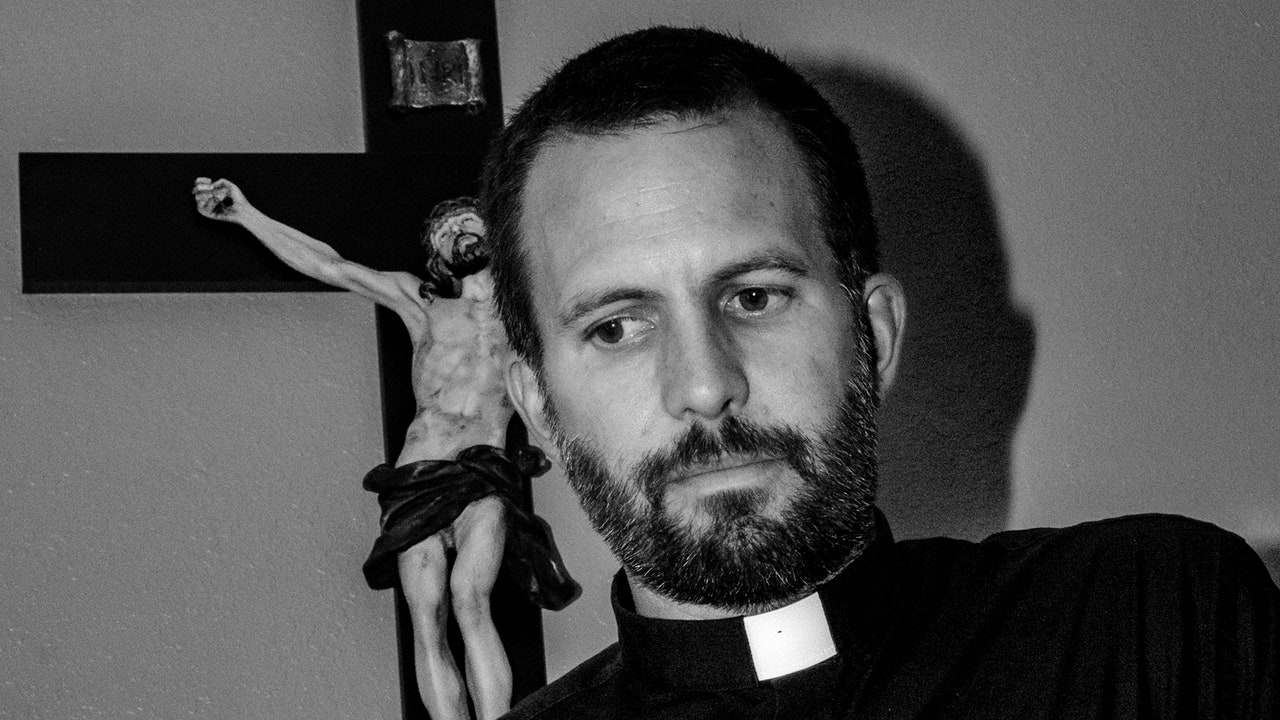They were on a bus to Matamoros when the driver pulled over. Two men who identified themselves as members of the Gulf Cartel climbed aboard. “We’re going to help you cross the border,” one of them said. They spoke in friendly tones, but González and the other migrants knew exactly what was going on. González and his younger son were taken to a building filled with kidnapped migrants. There, men called his family in Venezuela and beat González with a bat until his entire backside was one dark, bloody bruise. The torment lasted for three days, only ceasing after his brother sold his house to come up with the money the kidnappers were demanding. On Easter Saturday, González and his son were released, and they walked into the Casa del Migrante shelter. The next day, during Easter Mass, González’s wife and their oldest son walked through the doors of the shelter. They were reunited.
…
As González had recovered from his torture, Bravo had comforted him, and the men prayed together. “It was when I finally began to feel I could be O.K.,” González said. Once the family had reunited, Bravo told them that he could help them cross the border, even though they’d missed a CBP One appointment because of the kidnapping. In late April, Bravo walked with the family across a pedestrian bridge into the U.S., where the priests explained to Border Patrol what had happened; González showed agents the paperwork for the appointment. The agents let the family in.
Strassburger says that almost never happens anymore. In June, Biden announced his long-awaited executive order, built around an asylum ban on anyone crossing between ports. That same day, a small group of migrants tried to cross. Some were kidnapping victims who had missed their appointments; others were in the final weeks of pregnancies. For more than a year, the Jesuits had worked with Border Patrol to help particularly vulnerable migrants like them cross. That day, however, the agents shook their heads: no one was to cross without an official appointment, on orders from Washington.



New Yorker - News Source Context (Click to view Full Report)
Information for New Yorker:
Internet Archive - News Source Context (Click to view Full Report)
Information for Internet Archive:
Search topics on Ground.News
https://www.newyorker.com/news/dispatch/the-betrayal-of-american-border-policy
https://web.archive.org/web/20240812114519/https://www.newyorker.com/news/dispatch/the-betrayal-of-american-border-policy
Media Bias Fact Check | bot support